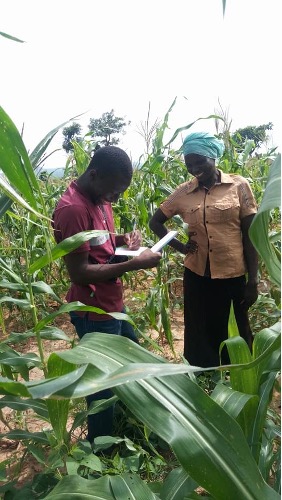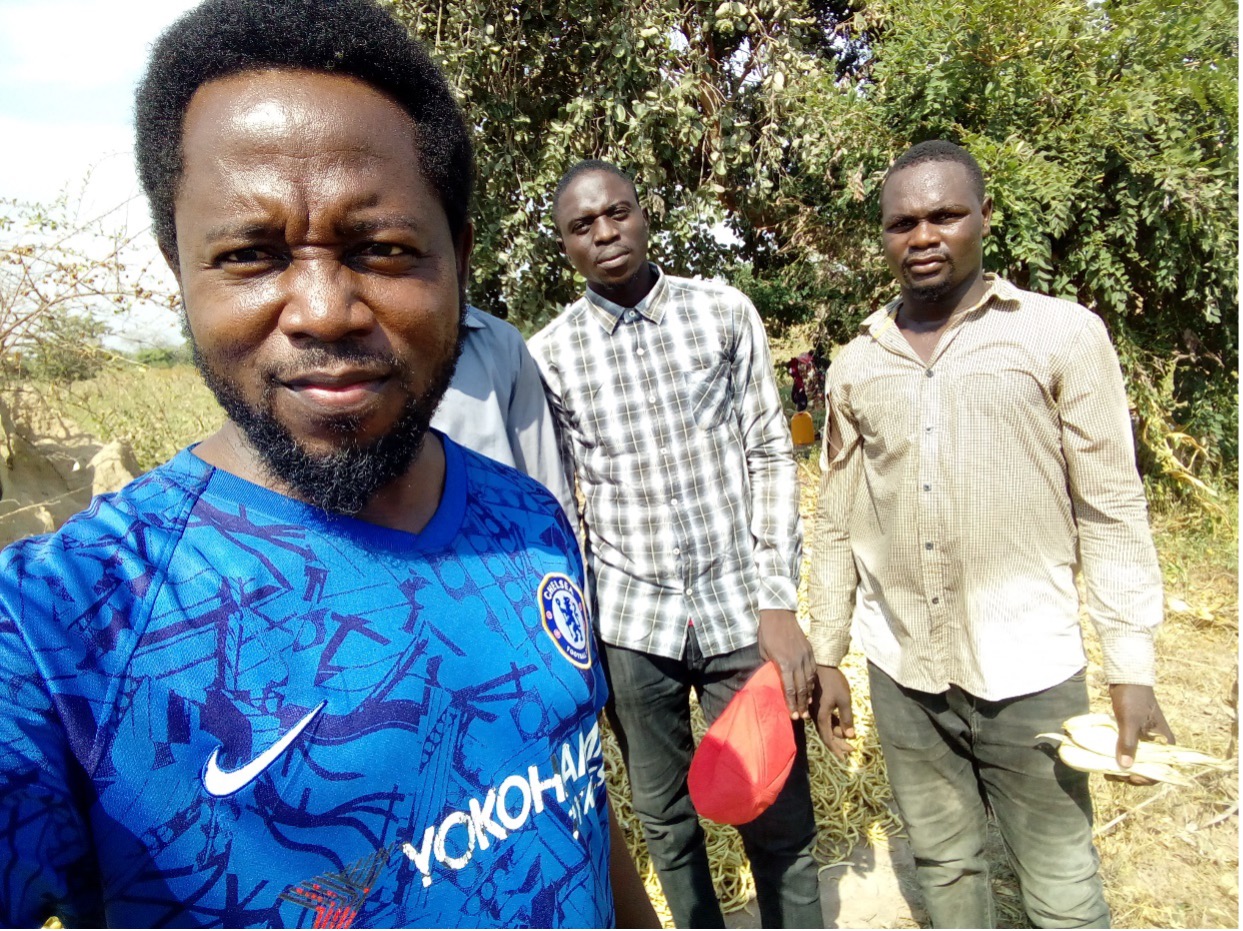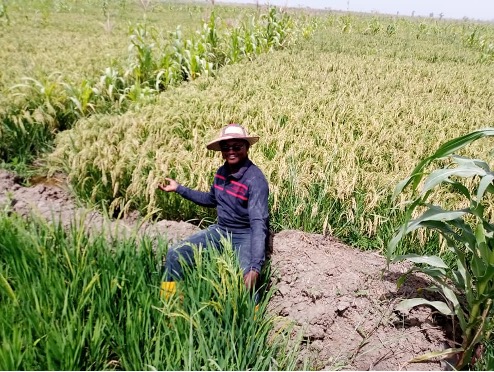“Food for All” Cooperative Society

The challenge
The project
Know more...
Investment
(*): In kind/pro bonus
(**): Financing
Funds
Needed
Covered
Solicited
Investment
(*): In kind/pro bonus
(**): Financing
(*) (**)
u$s 1736.76
u$s 180.00
u$s 1556.76
(*) (**)
u$s 1129.80
u$s 0.00
u$s 1129.80
(*) (**)
u$s 5105.76
u$s 86.00
u$s 5019.76
(*) (**)
u$s 8315.38
u$s 400.00
u$s 7915.38
(*) (**)
u$s 418.02
u$s 111.00
u$s 307.02
(*) (**)
u$s 652.40
u$s 0.00
u$s 652.40
u$s 514.18
u$s 0.00
u$s 514.18
u$s 300.00
u$s 0.00
u$s 300.00
(*) (**)
u$s 120.00
u$s 0.00
u$s 120.00
(*) (**)
u$s 200.00
u$s 0.00
u$s 200.00
(*) (**)
u$s 50.00
u$s 50.00
u$s 0.00
(*) (**)
u$s 600.00
u$s 50.00
u$s 550.00
(*) (**)
u$s 280.00
u$s 80.00
u$s 200.00
(*) (**)
u$s 40.00
u$s 0.00
u$s 40.00
(*) (**)
u$s 3600.00
u$s 0.00
u$s 3600.00
(*) (**)
u$s 500.00
u$s 140.00
u$s 360.00
Funds
Needed
Covered
Solicited
Rice Seeds (Faro brand). 720 kg. (*) (**)
u$s 1736.76
u$s 180.00
u$s 1556.76
Maize seeds (SC651 Hybrid seeds). 230 kg. (*) (**)
u$s 1129.80
u$s 0.00
u$s 1129.80
Urea fertilizer. 46% Nitrogen. 1% of biuret maximum. 118 bags 20 kgs size each. (*) (**)
u$s 5105.76
u$s 86.00
u$s 5019.76
Fertilizer NPK 20:10:10. 118 sacks 20 kgs size each. (5 bags for each farmer) (*) (**)
u$s 8315.38
u$s 400.00
u$s 7915.38
Herbicide. Glyphosate. Isopropylamine 47 units 1 lts each. (1 unit for each farmer). (*) (**)
u$s 418.02
u$s 111.00
u$s 307.02
Herbicide. Atrazine. 23 units 1 lts each. (*) (**)
u$s 652.40
u$s 0.00
u$s 652.40
Herbicide Milagro. 23 units 1 litter each
u$s 514.18
u$s 0.00
u$s 514.18
Herbicide Clethodim. 24 units 1 litter each
u$s 300.00
u$s 0.00
u$s 300.00
Funds
Needed
Covered
Solicited
Distribution of farm inputs and other support services (*) (**)
u$s 120.00
u$s 0.00
u$s 120.00
Engage Credit Officers with good agricultural (*) (**)
u$s 200.00
u$s 0.00
u$s 200.00
Registration of the Cooperative Society with Ministry of Social Welfare of Adamawa State Government. (*) (**)
u$s 50.00
u$s 50.00
u$s 0.00
Cost of developing the database driven website. (*) (**)
u$s 600.00
u$s 50.00
u$s 550.00
Cost of hosting the website for one year. (*) (**)
u$s 280.00
u$s 80.00
u$s 200.00
Cost of domain name forone year. (*) (**)
u$s 40.00
u$s 0.00
u$s 40.00
Funds
Needed
Covered
Solicited
Salary. Five part time employees for one year (*) (**)
u$s 3600.00
u$s 0.00
u$s 3600.00
Services of two agronomist (experts) to carry out soil analysis and educate the farmes on how to apply fertilizars and herbicides. Two months. (*) (**)
u$s 500.00
u$s 140.00
u$s 360.00



